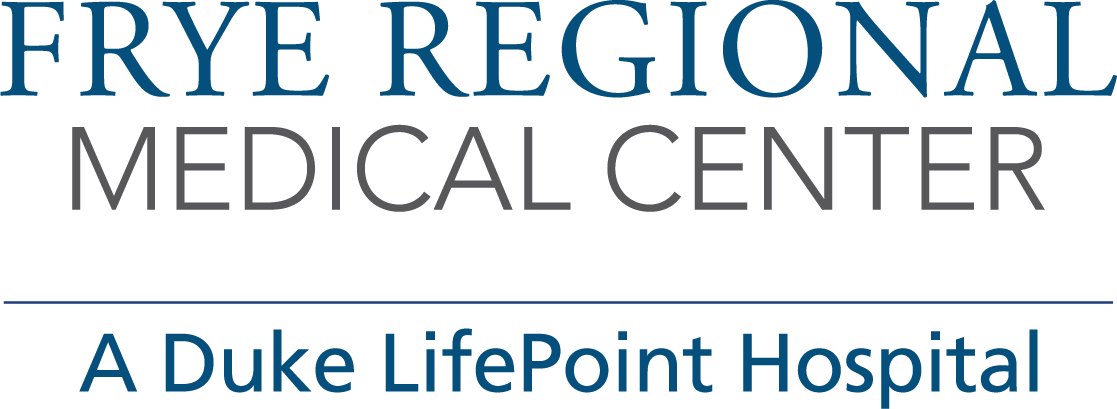We use cookies to make our site work, including measuring elements related to the site's performance as intended. By using our site you agree that information about you and your visit may be collected and/or sent to third parties for these purposes. We do not sell or share your information, nor do we use analytics, advertisement, or other non-necessary cookies. For more information about our online privacy practices, please visit our online Privacy Policy.
